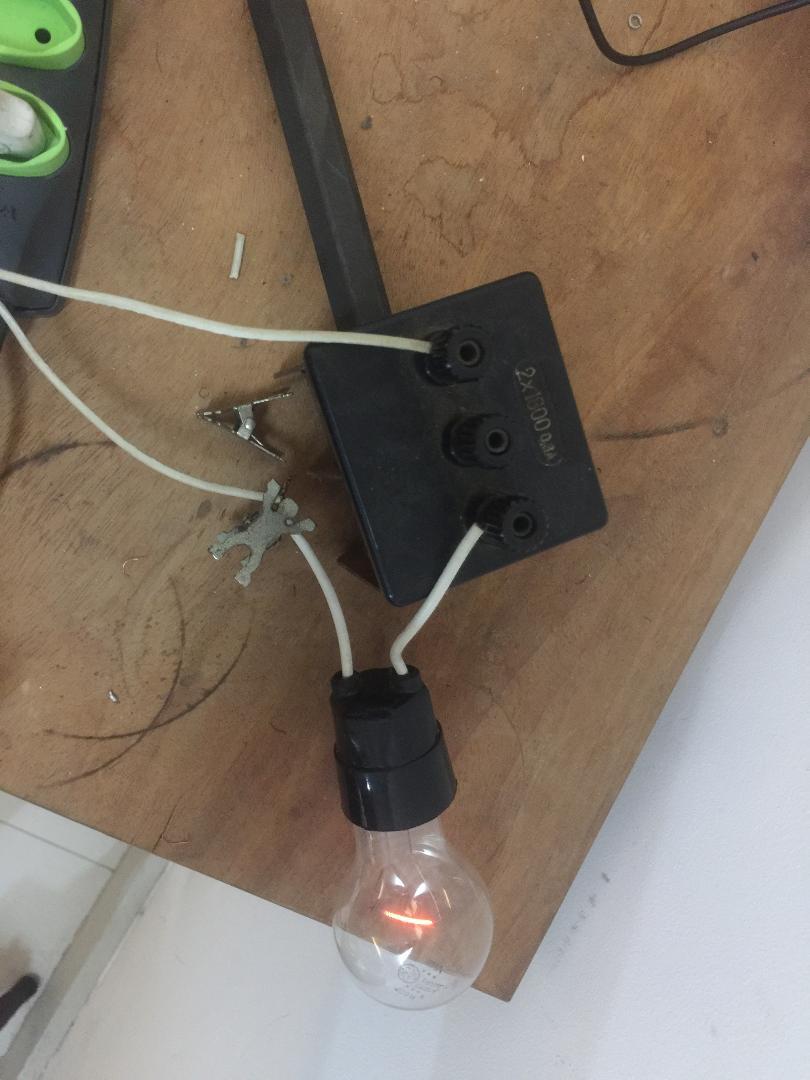You have lots of terms running around, and some confusion.
- Real power (your "active power") is the actual average power flowing from point A to point B.
- Reactive power is power that swishes back and forth, but goes nowhere.
- Useful work is whatever you define it to be -- that may be useful for efficiency calculations, but it won't help you understand real vs. reactive power.
- Total work as you use it: "A lot of the total work is however consumed changing the magnetic field of the inductor by the AC current." is a will-o-the-wisp. It's an illusion caused by thinking about reactive power too much to accept the simple explanations, but not enough to really grasp what reactive power means.
So -- unless you're doing efficiency calculations, forget about "useful work". There's energy flows.
If you take your electrical system, draw a boundary around it, and stipulate that what's inside the boundary can't store energy for any appreciable amount of time then you can do the following: sum up all the energy flowing out across the boundary in any form, and subtract from that the energy that's flowing in across the boundary in any form. Energy will be conserved*, and the energy outflow will equal the inflow.
That's it. No more.
Your "useful work" has to do with efficiency. If I'm supplying 50 watts of real power to your apparatus, and you note that you're only observing 40 watts of light and heat from your light bulb and who cares about the 10 watts being dissipated from the inductor in the form of heat and sound -- then your apparatus is 80% efficient at generating "useful work". But energy is still conserved, and there's still 50W going in on average, and 50W coming out, on average.
I think you're confused about what reactive power is, as indicated by your comment about total work. If you calculated the work exerted on and by the magnetic field in the inductor, and you integrated the absolute value of that work over time, then yes, there'd be a large "total". But it would be mostly meaningless. That's because in all but a few special cases you don't care about the "total" of the reactive power -- you care about the sum over time, and by definition that sum total is zero. If it wasn't zero, it'd be real power, not reactive power.
* Exceedingly pedantic disclaimer: to the extent that the universe is not expanding. If the "big rip" is real, then a hypothetical observer a hundred billion years from now would be able to observe that perpetual motion machines can too work -- at least briefly, before their atoms are disassociated from one another.

